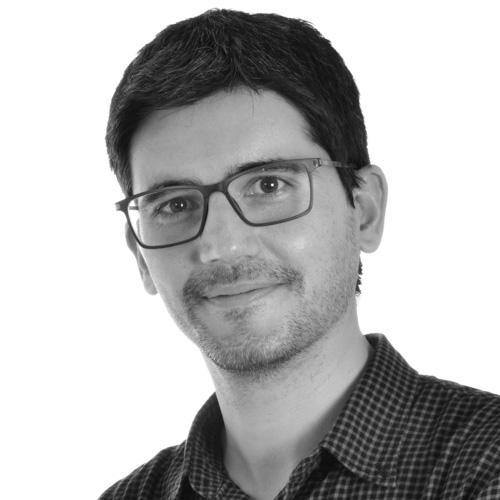2023 – 2026 | MSCA
About the project
Bringing nature back to cities to counteract the negative impacts of rapid urbanization and other challenges such as climate change shows the shift from economic growth to social equity and environmental sustainability in the context of urban planning. An increasing number of studies have shown that nature-human interactions have positive effects on human wellbeing especially among socially vulnerable groups. Carefully considering environmental justice and social vulnerability in spatial assessment and planning of access to urban green spaces (UGS) is a crucial point for a healthier city and stronger social cohesion. On the other side, most studies about the assessment of urban green spaces still focus on residential areas and lack attention to social amenities such as schools, senior centres, community centres, and so on, which are the main destinations of daily trips for vulnerable groups. Hence, there is an urgent need to develop novel evidence on the relationship between access and use to urban nature and perceived health benefits with a focus on socially vulnerable groups and the fundamental social amenities for them.
To narrow the knowledge gaps mentioned above, NATURE4ALL is an interdisciplinary research project combining spatial and statistical analyses and social science methodology to examine the access to nature-based solutions (NBS) or green and blue infrastructure (GBI) and related benefits for the ageing population from the perspective of social amenities and their potential inequities in the context of environmental justice. The overall goal is structured around three main expected results including mapping the spatial patterns of access to the benefits of NBS/GBI and their spatially explicit inequalities of derived ecosystem services addressing climate change for the ageing population, investigating the preferences, perceived health benefits (and disservices) and actual use of NBS/GBI by map-based survey, identifying best practices (and barriers) related to inclusive urban nature projects with the potential to an upscaling at the city level by semi-structured interview.
The whole project is conducted within a larger project, GreeNexUS, in the Marie Skłodowska-Curie Actions Doctoral Networks, and thereby the project would also collaborate with other academic and non-academic partners in Europe to gain more insights from other fields. The research project will be mainly implemented in the form of a PhD thesis which should be defended within 4 years at maximum.



